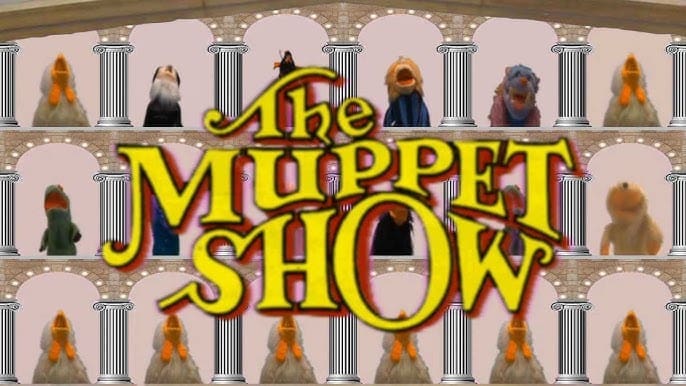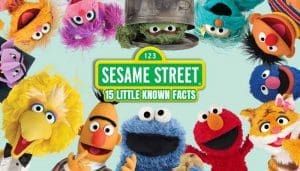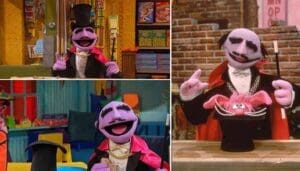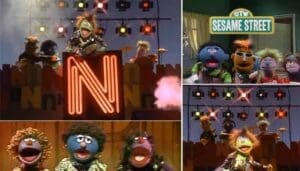When The Muppet Show first hit the airwaves in 1976, it was unlike anything audiences had ever seen. A blend of puppetry, humor, music, and celebrity guest stars, the show wasn’t just a children’s program—it was a cultural revolution. Created by Jim Henson, The Muppet Show became an enduring part of television history, delighting audiences of all ages and leaving an indelible mark on popular culture.
The Origins: Jim Henson’s Vision
The seeds of The Muppet Show were planted in the 1950s when a young Jim Henson started experimenting with puppetry. His first notable creation, Sam and Friends, was a five-minute television show that introduced early versions of the Muppets, including a primitive form of Kermit the Frog. Henson’s innovative approach to puppetry—featuring characters with expressive faces and complex movements—began to attract attention.
In the 1960s, Henson’s Muppets gained national recognition through appearances on Sesame Street, a groundbreaking children’s educational program. While Henson loved the success, he envisioned something bigger: a prime-time variety show that would showcase the Muppets in a way that appealed to both children and adults.
The Road to Prime Time: A Rocky Start
Selling the concept of The Muppet Show was no easy feat. Many television executives dismissed the idea, believing puppets were strictly for kids. Henson faced numerous rejections before partnering with British producer Lew Grade, who agreed to finance and distribute the show. With Grade’s support, Henson set up production at Elstree Studios in the UK.
In 1976, The Muppet Show debuted in syndication, airing in over 100 countries. From the first episode, it was clear that the series was something special. The combination of zany Muppet antics, sharp wit, and memorable guest stars created a formula that captivated audiences worldwide.
The Format: A Variety Show Like No Other
At its heart, The Muppet Show was a variety show parody. Each episode revolved around the chaotic behind-the-scenes antics of the Muppet troupe, led by the ever-stressed Kermit the Frog as the show’s producer and host. The cast of characters was unforgettable: the diva Miss Piggy, the clumsy yet lovable Fozzie Bear, the unpredictable Gonzo, and the grumpy balcony critics Statler and Waldorf.
What made The Muppet Show stand out was its humor, which often operated on multiple levels. Children enjoyed the slapstick comedy and colorful characters, while adults appreciated the clever wordplay, satire, and sophisticated jokes.
Guest stars added another layer of appeal. Each episode featured a celebrity—ranging from musicians like Elton John and Diana Ross to actors like Julie Andrews and Steve Martin—who would interact with the Muppets in musical numbers, sketches, and backstage escapades.
Cultural Impact and Legacy
The Muppet Show quickly became a global phenomenon, winning multiple Emmy Awards and drawing millions of viewers each week. Beyond its humor and entertainment value, the show had a profound cultural impact. It challenged the notion that puppetry was only for children and elevated the medium to an art form. The Muppets became beloved icons, appearing in merchandise, theme park attractions, and spin-off movies like The Muppet Movie (1979) and The Great Muppet Caper (1981).
The show’s influence extended to other television and film projects. It paved the way for other puppet-based programs and inspired generations of creators, from animators to comedians, who admired Henson’s ability to blend creativity with storytelling.
The End of an Era and a Lasting Legacy
After five successful seasons, The Muppet Show ended in 1981, but the Muppets continued to thrive. Henson went on to create other groundbreaking works, including Fraggle Rock and The Dark Crystal. Tragically, Henson passed away in 1990, but his legacy lives on. The Muppets have remained a cherished part of pop culture, with reboots, movies, and specials keeping the spirit of The Muppet Show alive.
In 2021, Disney+ brought The Muppet Show back to audiences by making all five seasons available for streaming. The show’s humor, creativity, and charm continue to resonate, proving that great entertainment is timeless.




